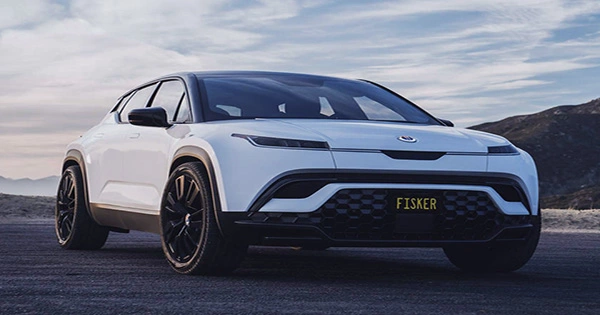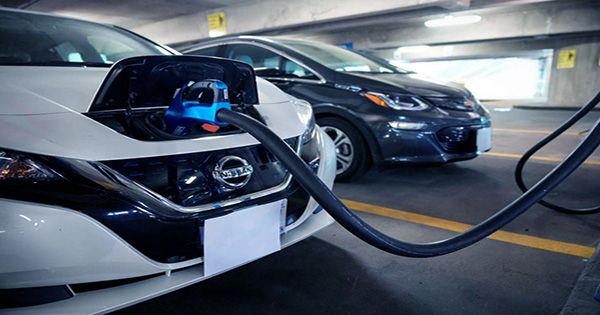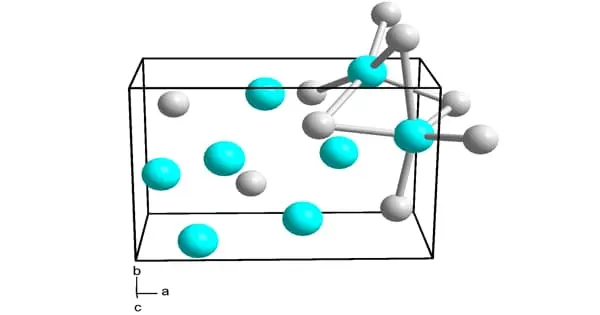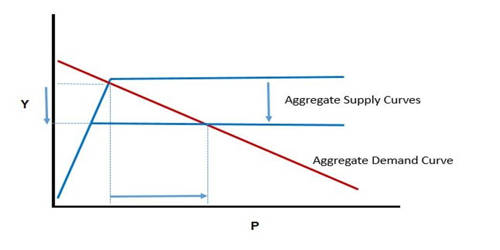Fisker is finally ready to reveal more information about Project PEAR. The Pear, a five-passenger “urban EV” with a starting price of $29,900 before incentives and taxes, is now accepting reservations. That’s less than Tesla’s original Model 3 pricing of $35,000, and far less than Fisker’s Ocean SUV’s $37,499 MSRP.
You’ll have to pay a $250 deposit ($100 for a second reservation) and wait until 2024 to get your car, but if you don’t want to wait for Tesla’s legendary $25,000 car and don’t like Chevy’s impending Equinox EV, it might be worth it.
Fisker is still working on delivering its sub-$40,000 electric Ocean (see above), but it has also secured an agreement with Foxconn to expand production. We only have sketches of what the Project Pear vehicle would look like, but it will be a “breakthrough new segment vehicle” that will be built on a revolutionary lightweight chassis and cost less than $30,000.
The corporations are investing in the vehicle together and will split the profits, according to a statement. The goal is to start manufacturing in the United States first, however it’s unclear whether Foxconn’s Wisconsin facility would be involved. Manufacturing is set to begin in Q4 of 2023, so they won’t be on the road for a long.
The Pear (PEAR stands for Personal Electric Automotive Revolution) is the outcome of a cooperation with Foxconn that prioritizes manufacturing competence over technology. Apart from promises of sportier driving qualities, an intuitive interface, smart storage, and an “emphasis on industry firsts,” Fisker is light on details.
The Pear, on the other hand, will be constructed in Ohio at a rate of at least 250,000 vehicles per year, implying that Fisker and Foxconn are relying on economies of scale to achieve that lower-than-usual pricing point. There are numerous dangers involved. The Ocean, Fisker’s first electric vehicle, won’t be available until November 2022. It’s questionable whether that first model will generate enough demand to justify the Pear’s current output levels.
The range, performance, and quality of the product are still unclear. By the time the Pear arrives, Fisker will be up against some stiff competition, and it wouldn’t be shocking if additional direct competitors emerge between now and 2024. Nonetheless, the Pear could be welcomed as proof that electric vehicles are becoming cheaper.















